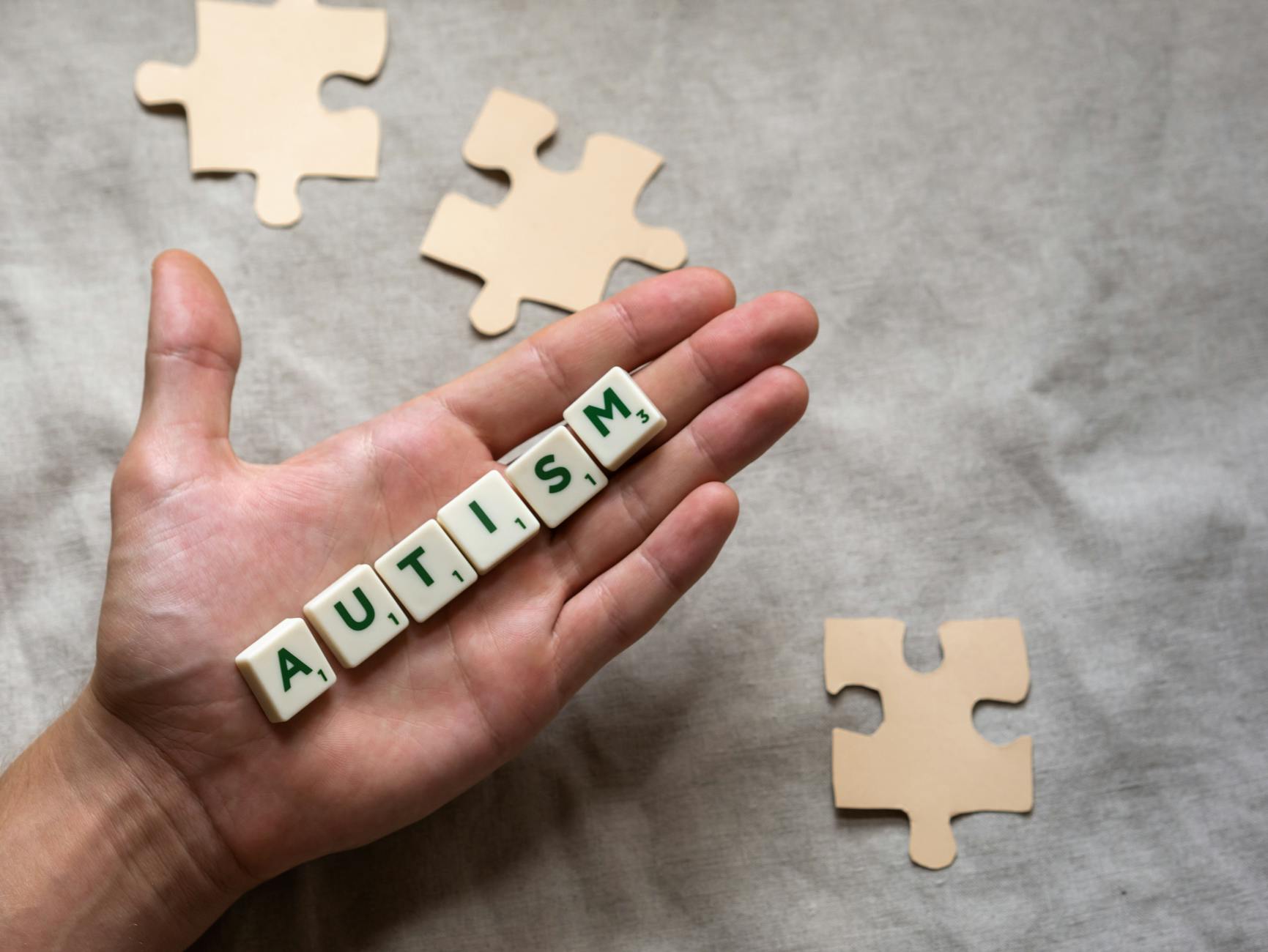What is neurodevelopmental disorder?
What is Neurodevelopmental Disorder?
Neurodevelopmental disorders are conditions that affect the brain’s development, influencing how individuals think, learn, and interact with others. These disorders can manifest in childhood and continue throughout life, significantly impacting daily functioning and overall quality of life. Understanding neurodevelopmental disorders is crucial for providing adequate support and interventions for those affected and their families.
Defining Neurodevelopmental Disorders
Neurodevelopmental disorders involve a range of conditions that affect the development of the nervous system, primarily the brain. These disorders lead to atypical patterns in brain functioning, resulting in various challenges in communication, learning, behavior, and social interactions. Affected individuals may experience difficulties in processing information, controlling impulses, or managing emotions, drastically altering their life experiences and opportunities for growth.

Photo by Polina Kovaleva
Key Characteristics and Symptoms
Common symptoms associated with neurodevelopmental disorders can vary widely but generally include:
- Social Communication Difficulties: Challenges in understanding social cues, maintaining conversations, or interpreting body language can lead to social isolation.
- Restricted Interests: Many individuals may develop intense interests in specific topics or activities, often to the exclusion of others.
- Behavioral Challenges: Problems with impulse control, aggression, or withdrawal may manifest in different settings, making social interactions difficult.
- Learning Difficulties: These can range from mild challenges in specific subjects to more significant impairments in overall academic performance.
Recognizing these symptoms early can facilitate timely intervention and support.
Types of Neurodevelopmental Disorders
There are several well-known neurodevelopmental disorders, including:
- Autism Spectrum Disorder (ASD): A complex condition characterized by challenges in social interaction, communication, and restricted or repetitive patterns of behavior.
- Attention-Deficit/Hyperactivity Disorder (ADHD): Marked by persistent patterns of inattention, hyperactivity, and impulsivity that interfere with daily functioning.
- Learning Disabilities: These affect the ability to acquire skills in reading, writing, or mathematics, often requiring tailored educational strategies for success.
Understanding the specific type of neurodevelopmental disorder is essential for effective treatment and support strategies.
Causes and Risk Factors
The causes of neurodevelopmental disorders are multifaceted, often involving a combination of genetic and environmental influences.
Genetic Factors
Research suggests a strong genetic component in many neurodevelopmental disorders. Specific genetic mutations or abnormalities can increase the likelihood of developing conditions like ASD or ADHD. Family history often provides insights into potential hereditary patterns, underscoring the importance of understanding genetic predispositions.
For more details on the genetic aspects, you can explore the National Institute of Health’s insights.
Environmental Influences
Environmental factors can also play a significant role in the development of neurodevelopmental disorders. Prenatal exposure to substances such as alcohol, drugs, or toxins can adversely affect brain development. Additionally, exposure to extreme stressors, malnutrition, or infections during pregnancy may further increase risks.
To learn more about how environmental factors influence neurodevelopment, check out this comprehensive guide from the Environmental Protection Agency.
Diagnosis and Assessment
Diagnosing neurodevelopmental disorders involves a systematic process that assesses behavior, development, and functioning.
Diagnostic Criteria
The Diagnostic and Statistical Manual of Mental Disorders (DSM-5) outlines specific criteria for diagnosing neurodevelopmental disorders. A qualified professional evaluates an individual’s symptoms against these established benchmarks to determine the presence of a disorder.
Assessment Tools
Several tools and methods are utilized in the assessment of neurodevelopmental disorders, including:
- Behavioral Assessments: Observations and questionnaires that gauge behavior in various settings.
- Developmental Screening: Tools that help assess a child’s developmental progress.
- Standardized Tests: These measure cognitive and academic skills to identify learning disabilities.
A combination of these methods helps provide a comprehensive evaluation, ensuring accurate diagnosis and effective intervention.
Treatment and Support Strategies
While there is no one-size-fits-all solution, various treatment options and support strategies can significantly improve the quality of life for individuals with neurodevelopmental disorders.
Therapeutic Interventions
Common therapeutic interventions include:
- Behavioral Therapy: This helps individuals develop skills to manage symptoms and improve social interactions.
- Occupational Therapy: Focusing on practical skills, occupational therapy can aid in daily functioning and independence.
- Speech Therapy: For those with communication challenges, speech therapy can enhance language skills and social communication.
For a deeper understanding of therapeutic interventions, delve into this resource on specific treatments.
Educational Support
Tailored educational strategies are essential for supporting learning in individuals with neurodevelopmental disorders. This may involve:
- Individualized Education Plans (IEPs): These are customized learning plans designed to meet the unique needs of students.
- Specialized Instruction: Teachers trained in special education techniques can provide effective support in the classroom.
Implementing these strategies can help ensure that individuals with neurodevelopmental disorders receive the education they deserve, maximizing their potential.
Conclusion
Understanding neurodevelopmental disorders is vital for both individuals experiencing them and their families. By recognizing the symptoms, potential causes, and available treatment options, we can create an inclusive environment that fosters growth and development. Emphasizing awareness and education about these disorders not only enhances individual lives but also strengthens communities as a whole. For more information on neurodevelopmental disorders, consider visiting sites like Verywell Mind.